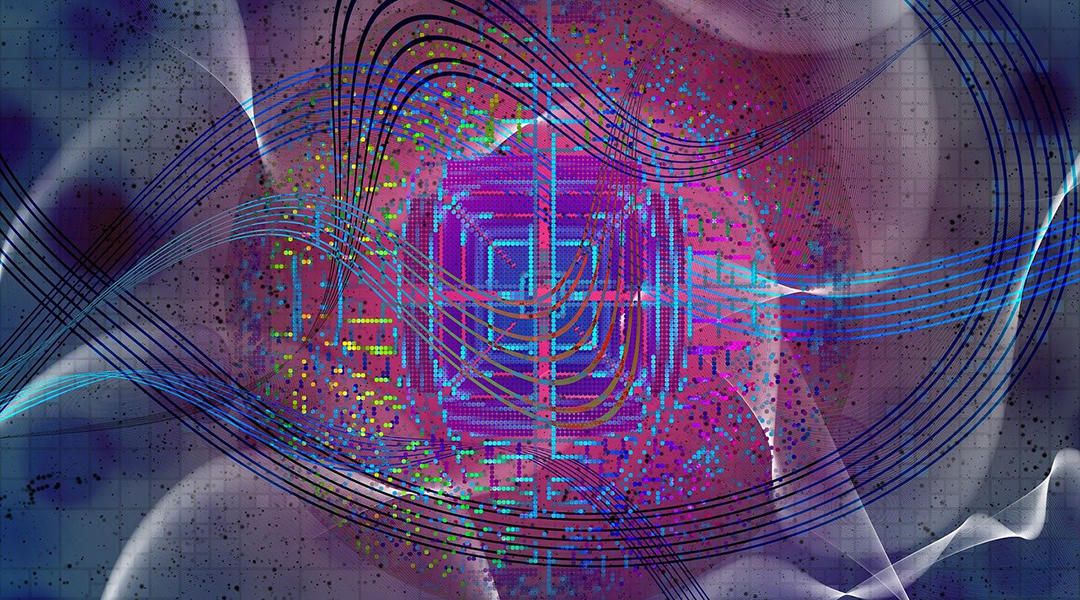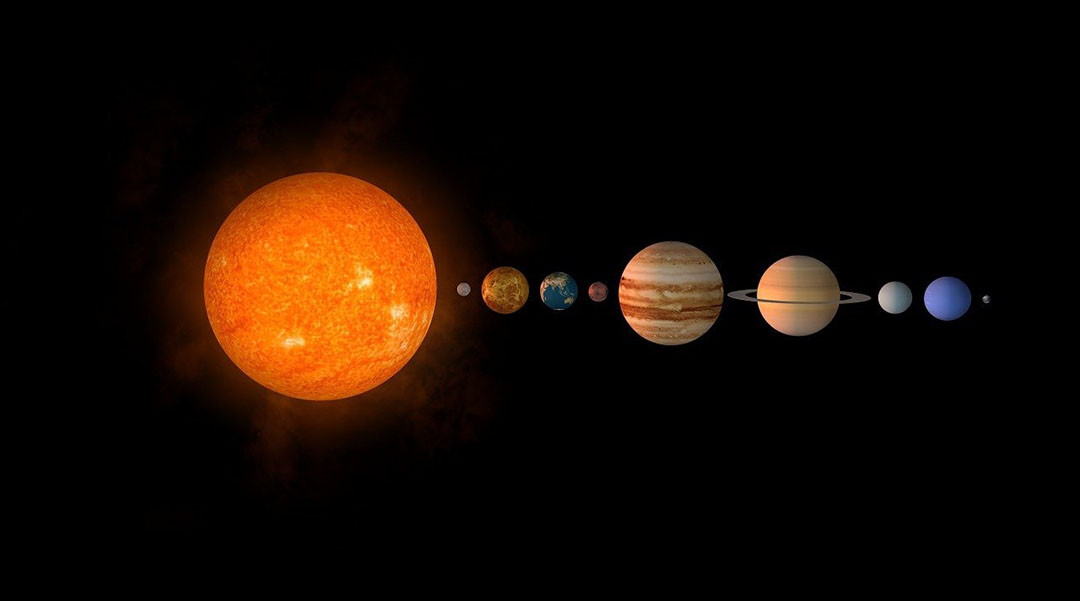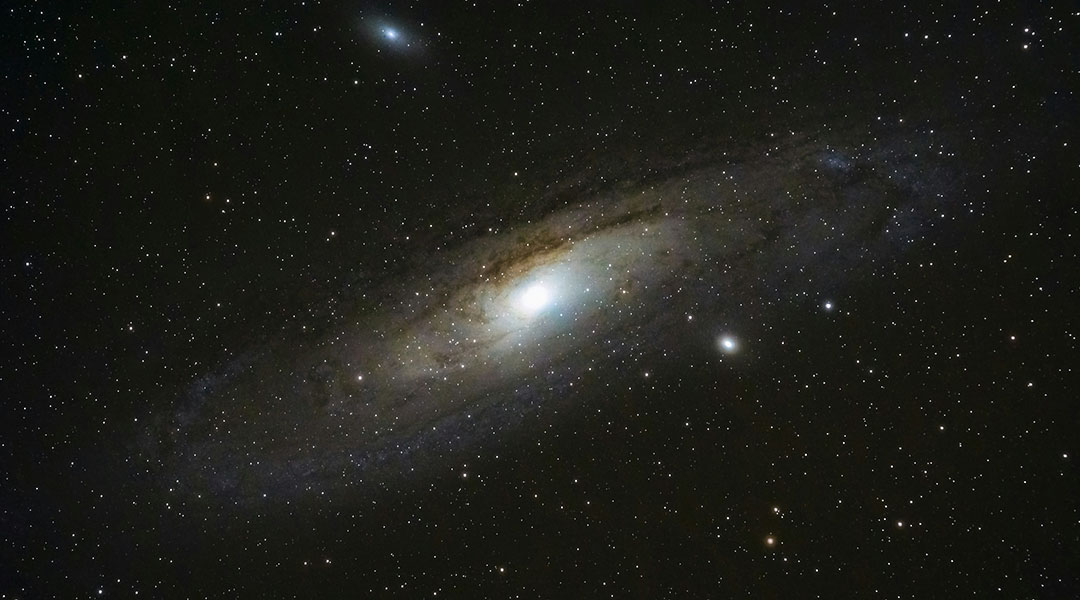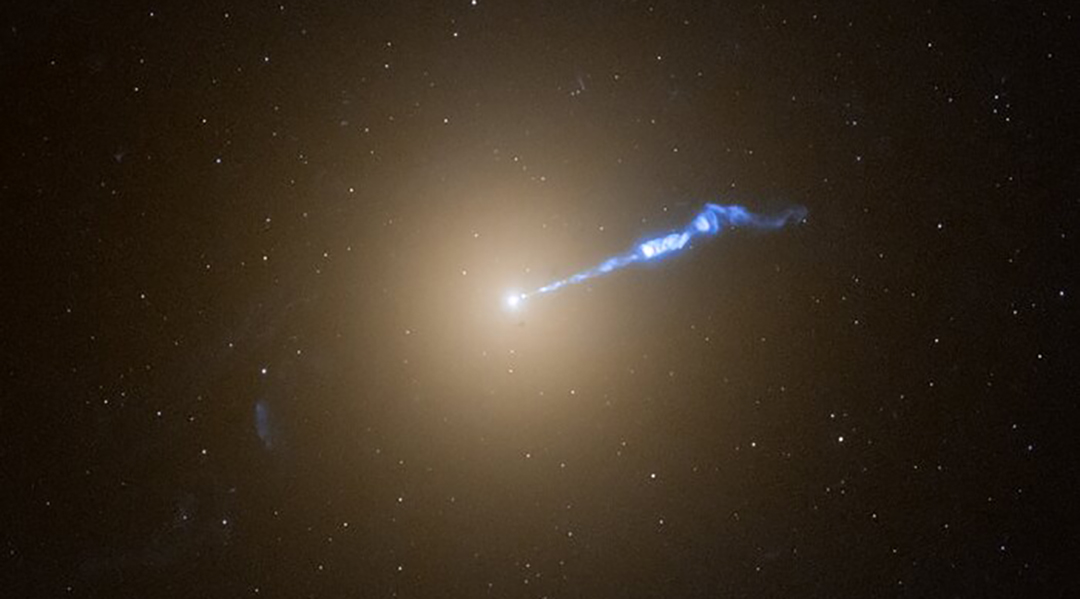Chinese researchers have used lasers to made tiny springs and turbines out of a polymerized ferrofluid, which could be used in micro- or nanomachines.

New antenna design promises major advances in quantum sensing
An antenna designed to create an optimized magnetic field puts electrons into the required quantum states for quantum sensing devices.

Which quantum computer leads the pack? Benchmarking entanglement could give the answer
Researchers have developed a new method to benchmark quantum computers by measuring their ability to create entangled qubit states.

Metasurfaces could shrink spectrometers, transforming how we observe the Universe
Metasurfaces to detect terahertz radiation are making spectrometers smaller, lighter, and more efficient for space travel.

Samples recovered from Ryugu asteroid reveal how our solar system formed
An ancient magnetic field drew matter inward and helped form our solar system’s planets, moons, and asteroids.

Fast radio bursts lead scientists to the origins of magnetars
Links to observational data may have revealed the nature of magnetars and the origins of their extreme magnetic fields.

Swirling clouds of axions around neutron stars could help scientists detect dark matter
Dark matter may be gathering in dense clouds around neutron stars, potentially making it easier to observe it from Earth.

String theory provides a new take on the expansion of the Universe
String theory could reshape our understanding of the Universe’s accelerating expansion and unlock the mysteries of dark energy.

Newly discovered quantum object could usher in new era of technology
Once relegated to theory, a newly discovered quantum object could be used to create new devices that will outpace modern electronics.

Black hole jet lights up dead stars like a cosmic blowtorch
Using the Hubble Space Telescope, astronomers discovered the jet from a black hole, triggering nova explosions along its path.










